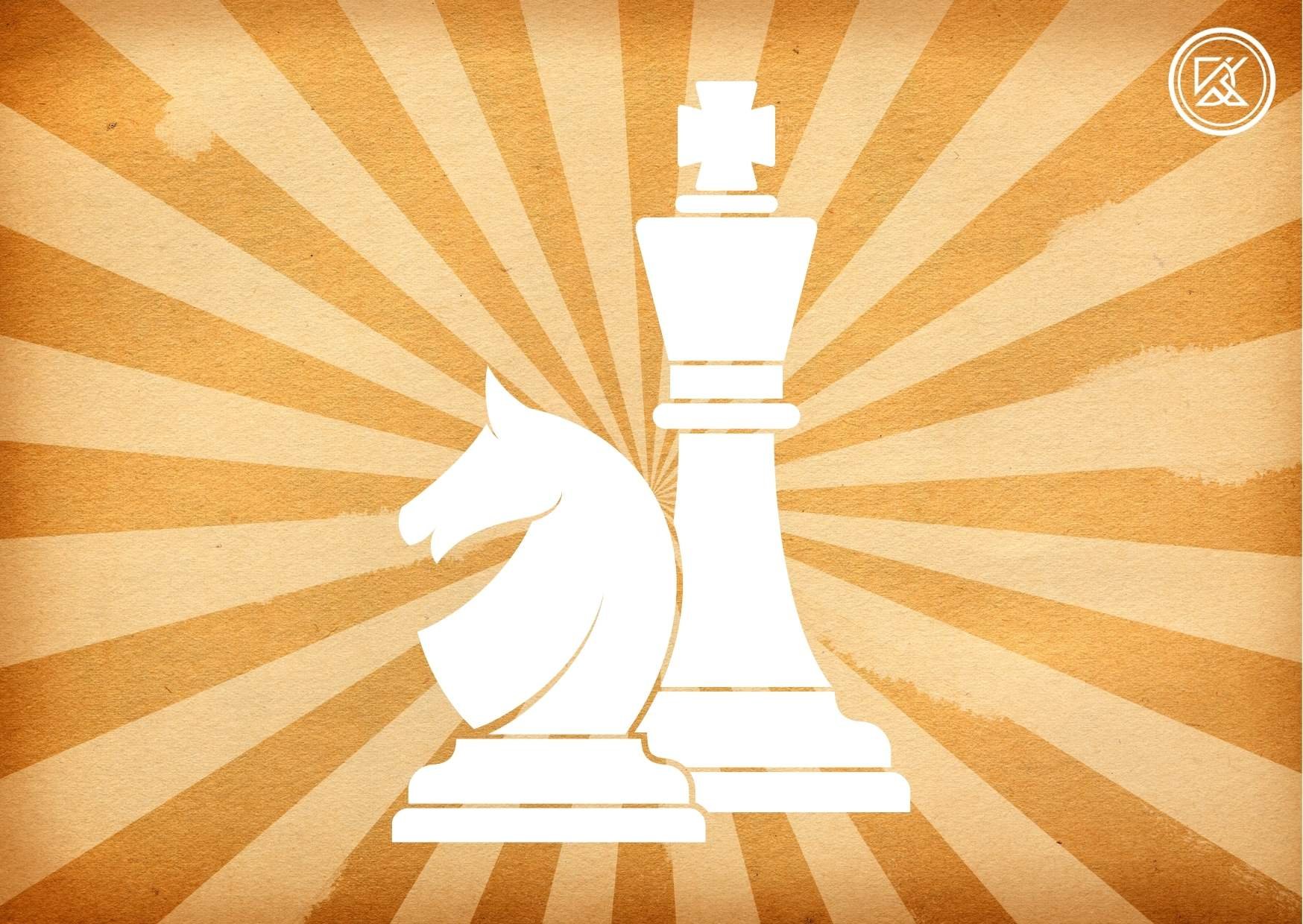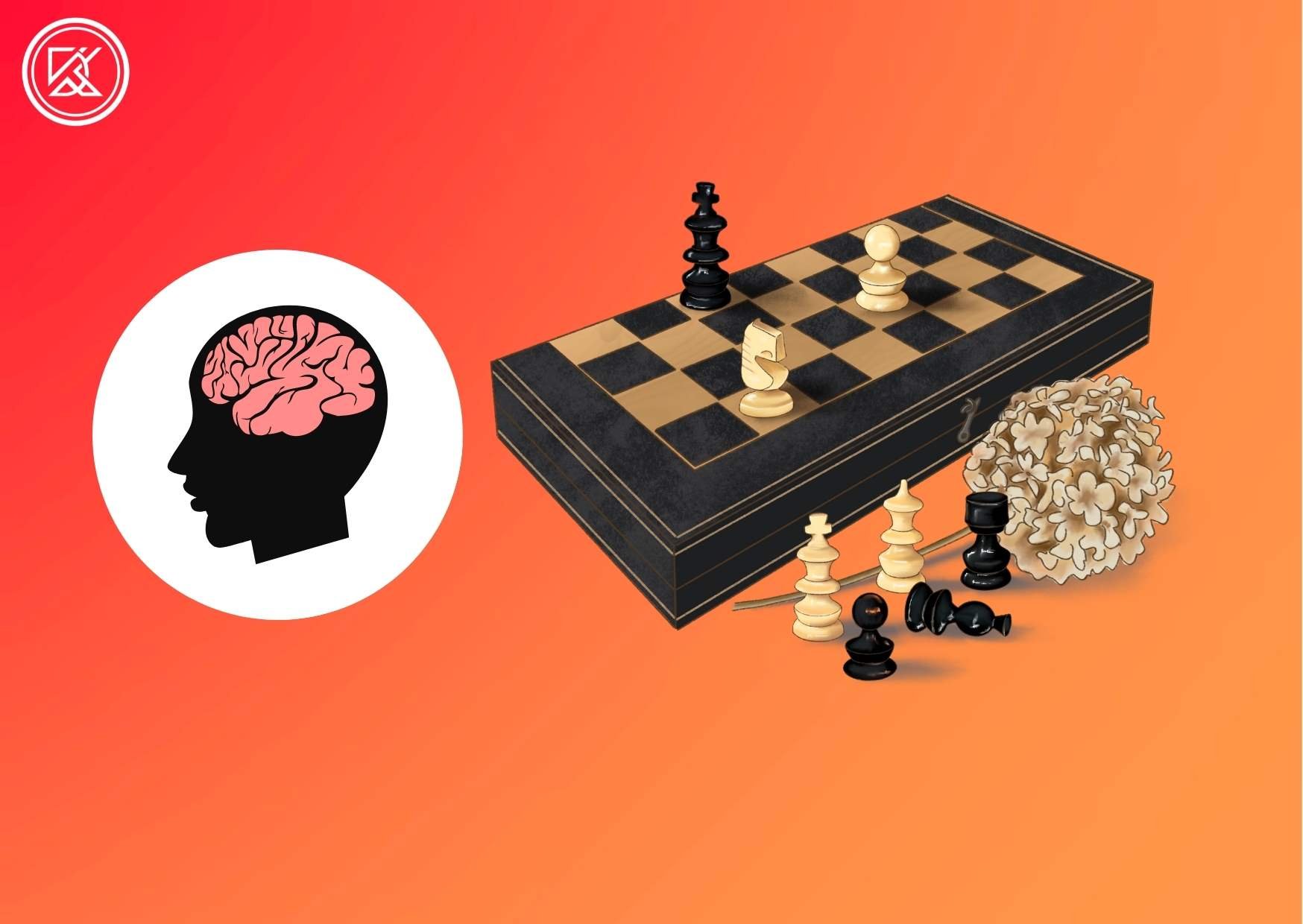Does Chess Really Increase IQ?
What is the relationship between chess and IQ?
Chess is a complex game that requires a high level of strategic thinking, problem-solving, and pattern recognition. Some people believe that playing chess can also help improve their IQ, or intelligence quotient.
There has been some research on the relationship between chess and IQ, but the results have been mixed. Some studies say that playing chess can slightly improve your IQ, while others disagree and have found no evidence of this effect.
Whether there is sufficient evidence to support the claim that chess increases IQ is a complex question with no easy answer. However, the research on this topic suggests that there may be some benefits to playing chess for cognitive development.
How do concentration and focus enhance chess players’ strategic thinking and visualization?
High levels of concentration and focus are essential for chess players who want to improve their strategic thinking and visualization. When a chess player is able to focus on the game and ignore distractions, they are better able to see the different possible moves and outcomes. They are also better able to visualize the different ways that the game could progress. This allows them to make better decisions and play more effectively.
There are a few reasons why concentration and focus are so important for chess players. First, chess is a complex game with many different possible moves. In order to play well, chess players need to be able to keep track of all of the different pieces and their positions. They also need to be able to think ahead and anticipate their opponent’s moves. This is difficult to do if they are not able to focus on the game and ignore distractions.
Second, chess is a game of strategy. In order to win, chess players need to be able to develop a plan and execute it. This requires them to be able to think strategically and visualize the different ways that the game could progress. If they are not able to focus on the game and visualize the different possible outcomes, they will be less likely to be able to develop a successful strategy.
Finally, chess is a game of tactics. In order to win, chess players need to be able to make quick decisions and take advantage of their opponent’s mistakes. This requires them to have high levels of concentration and focus. If they are not able to concentrate and focus sharply, they will be more likely to make mistakes and lose the game.
How do analytical and critical thinking help chess players make better decisions?
Analytical and critical thinking are essential for chess players because they allow them to understand the different possible moves and outcomes of a game. They also allow them to evaluate their opponent’s moves and make decisions in a strategic manner.
Here are some examples of how analytical and critical thinking help chess players make better decisions:
Analyzing the position of the pieces on the board to determine the best move. Chess players must be able to analyze the position of the pieces on the board to determine the best move. This requires them to consider the different possible moves, the risks and benefits of each move, and how their opponent might respond.
Evaluating the risks and benefits of different moves. When playing chess, you have to be able to figure out which moves are worth the risk and which ones will help you win. This requires them to consider the potential consequences of each move, both positive and negative.
Predicting how an opponent might respond to a particular move. Chess players must also be able to predict how their opponent might respond to a particular move. This requires them to understand their opponent’s style of play and anticipate what moves they might make.
How do concentration, focus, analytical thinking, and critical thinking in chess affect IQ?
The positive effects of concentration, focus, analytical thinking, and critical thinking in chess on cognitive development and IQ have been supported by some evidence. Research indicated that children who engaged in chess for a minimum of two years demonstrated significant improvements in their IQ scores compared to those who did not. Although this study was conducted with a limited sample size, it suggests the potential benefits of chess for intellectual growth. Further research in a broader context would be valuable in confirming and better understanding how concentration, focus, analytical thinking, and critical thinking in chess affect cognitive development and IQ.
Chess and IQ: A Promising Relationship?
The potential impact of chess on IQ is intriguing. The game involves concentration, focus, analytical thinking, and critical thinking, all of which may have a positive influence on cognitive development. A study showed that children who played chess for an extended period had significant improvements in their IQ scores compared to those who did not. However, it is important to approach this finding with cautious optimism, as the research was conducted with a limited sample size.
To definitively answer the question of whether chess really increases IQ, further comprehensive and large-scale research will be necessary. Until then, the relationship between chess and cognitive development remains an exciting area of exploration. Chess may play a valuable role in fostering intellectual growth and development.






